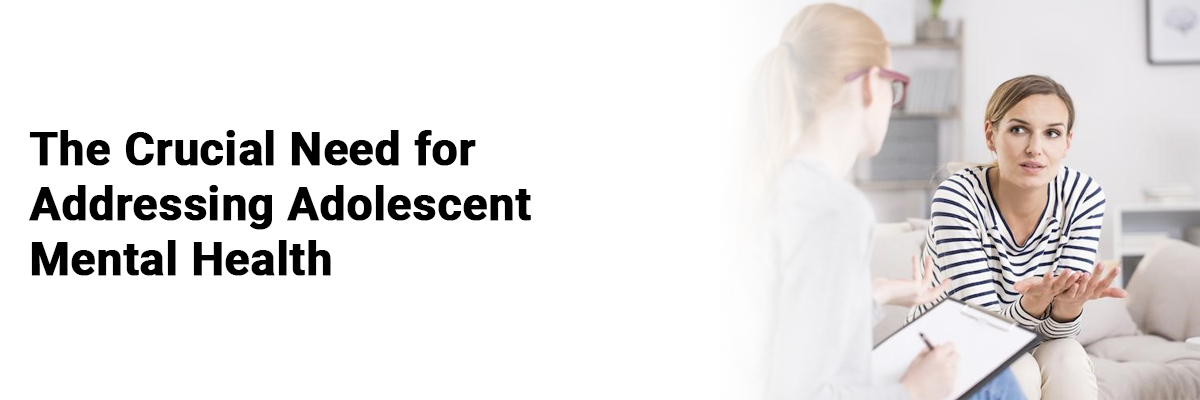
The Crucial Need for Addressing Adolescent Mental Health
Adolescence is a critical time in
human development, associated with various psychological, social, and
physiological challenges. Recent studies highlight the prevalence of mental
health issues during this period, with about 90% of individuals experiencing
warning signs in their teenage years. If left untreated, these conditions can
cause adverse outcomes, from academic underperformance to substance abuse and
even suicidal tendencies.
Various factors, including
socioeconomic disparities and societal stigma, heighten the vulnerability of
certain adolescents to mental health disorders. Recognizing these risk factors
is crucial for timely intervention and support.
In addressing adolescent mental
health, a multifaceted approach is necessary. Psychotherapeutic modalities,
tailored to the specific needs of the individual, are the cornerstone of
treatment. Cognitive behavioral therapy, interpersonal therapy, and
mindfulness-based interventions help to alleviate symptoms and foster
resilience. However, conditions such as bipolar disorder and anxiety disorders
may need a combination of pharmacological and non-pharmacological
interventions.
Collaboration between gynecologists
and psychiatrists will help mitigate the burden of mental health disorders in
adolescent girls, particularly in conditions such as premenstrual dysphoric
disorder (PMDD). Governmental initiatives for
fostering adolescent health, such as the Kishori Shakti Yojana and the
Adolescent Reproductive Sexual Health Programme, underscore the collective
commitment to addressing this pressing public health issue.
In conclusion, empowering adolescent
mental health is a crucial issue to be addressed immediately, demanding a
holistic approach including medical, psychological, and social dimensions.
Khastgir G, Jyothi GS. Psychiatric
And Psychological Problems In Adolescent Girls. Indian Obstetrics &
Gynaecology.2023;13(4).














Please login to comment on this article